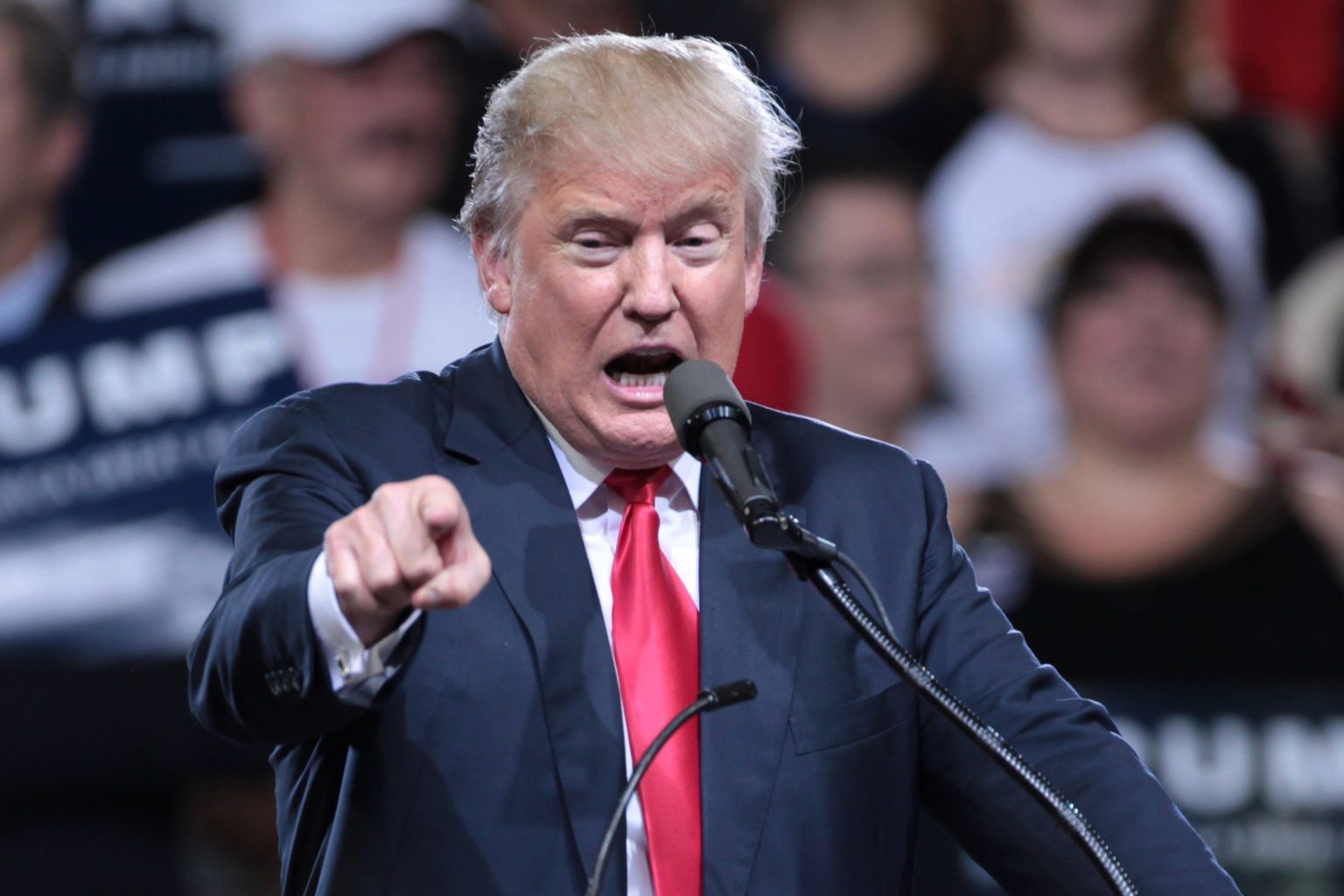Trump: The real American Psycho?
Throughout Bret Easton Ellis’ 1991 American Psycho, his narrator, Patrick Bateman, idolises Donald Trump. He is forever trying to catch a glimpse of him in restaurants or driving by in his limousine. In one of the novel’s final passages, Bateman looks up at Trump Tower as he spirals further into sociopathy.
Ellis suggests that Trump was an “aspirational figure” for the young Wall Street crowd, and that his 1987 book, The Art of the Deal inspired them. In it, the billionaire praises his own “forceful character” and emphasises the “kicks” he got from making deals, while minimising any moral scruples that might influence decision-making.
In a crucial scene, Bateman gives a copy of The Art of the Deal to a detective investigating the disappearance of his friend Price. Price himself encapsulates this overtly self-interested worldview when he exclaims that “society cannot afford to lose me. I’m an asset”.
Trump was an “aspirational figure” for the young Wall Street crowd
Yet, paradoxically, the people who have propelled Donald Trump to the Oval Office are not New York’s elite. According to The New York Times exit poll for the 2016 election, 59% of those living in large cities voted for Clinton, while Trump made his most significant demographic gains among low-educated and low-income voters.
Reflecting on this, Ellis said that “Trump today isn’t the Trump of 1987″; back then “he seemed much more elitist”. But Trump hasn’t changed that much, if at all.
American Psycho suggests that Trump garnered admiration because American culture is bent towards not only material gain, but the sacrifice of all other interests for this goal.
The people who have propelled Donald Trump to the Oval Office are not New York’s elite
By making himself a political figure, Trump has allowed many more Americans to externalise these feelings by combining them with resentment towards the political class.
The blue-collar voters of 2016 idolise Trump for the same reasons that Patrick Bateman did, but they cannot claim, as he does, to have been invited to the same parties as their hero. Their disaffection, however, parallels Bateman’s growing disenchantment with Wall Street life.
The voters’ disaffection parallels Bateman’s growing disenchantment with Wall Street life
American Psycho argues that Trump’s success is a way for Bateman, and now blue-collar voters, to vicariously live out their desire for success while feeling frustrated by their economic and social reality.
‘Trumpism’ is a quasi-religion. He combines long-held disenchantment with dogged and selfish aspiration to appeal to a much greater audience – the audience which won him the election.

Comments (1)
We’ге a grоup of volunteers аnd starting a new scheme іn our community.
Уour site provided uѕ wіth valuable info to ᴡork on. You have done аn impressive job аnd ߋur entire community ᴡill be grateful tߋ yоu.